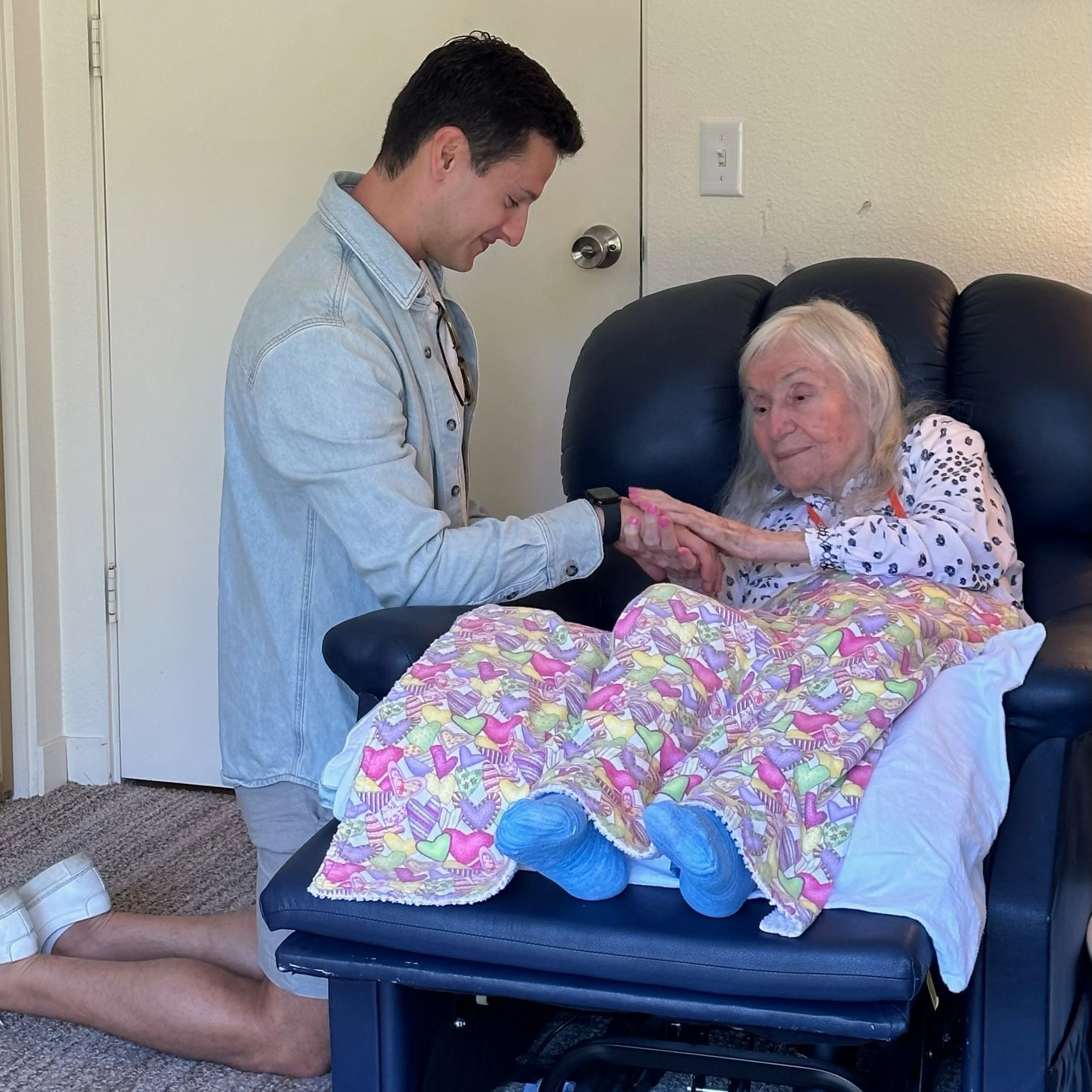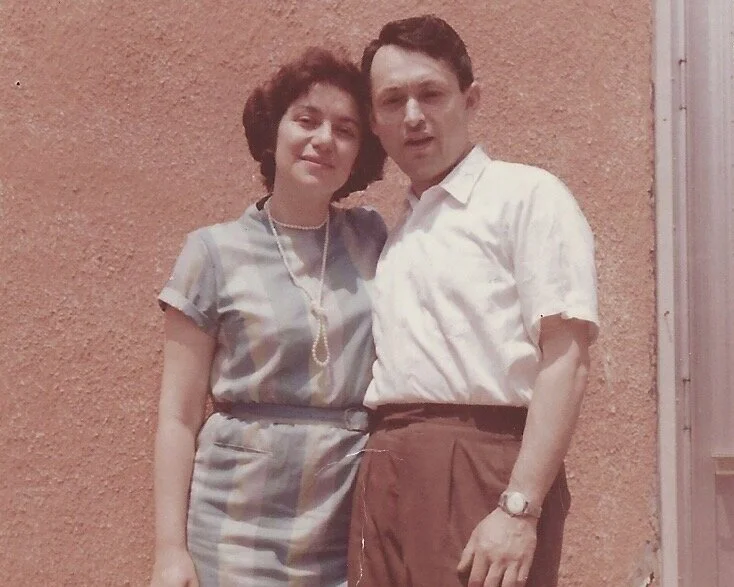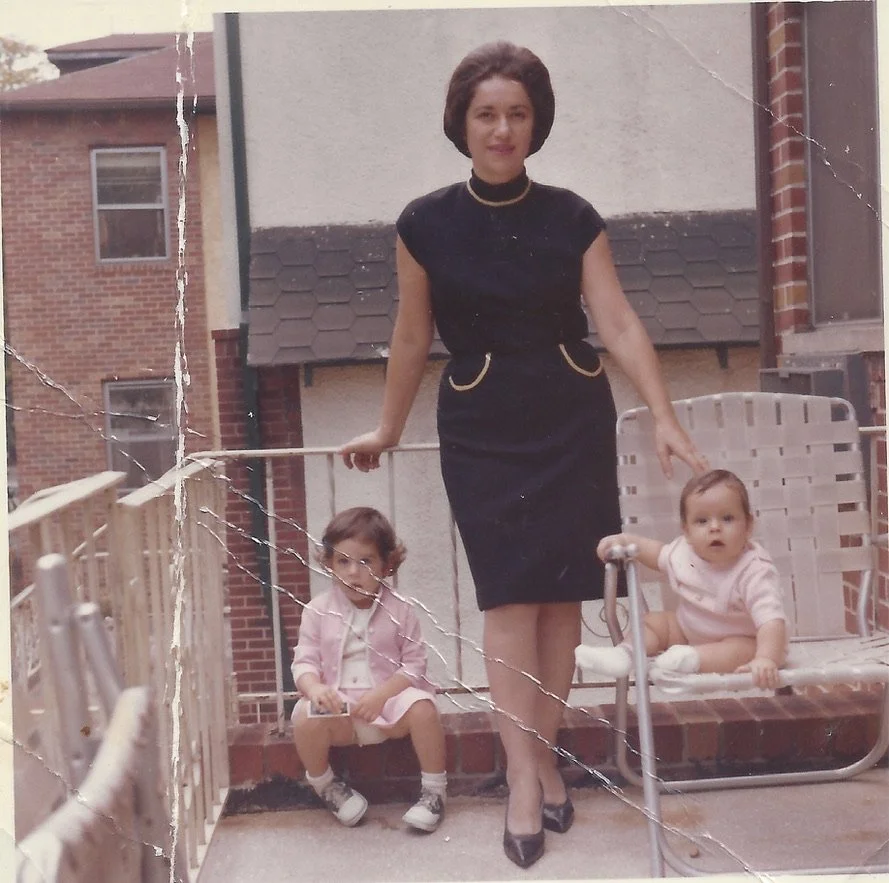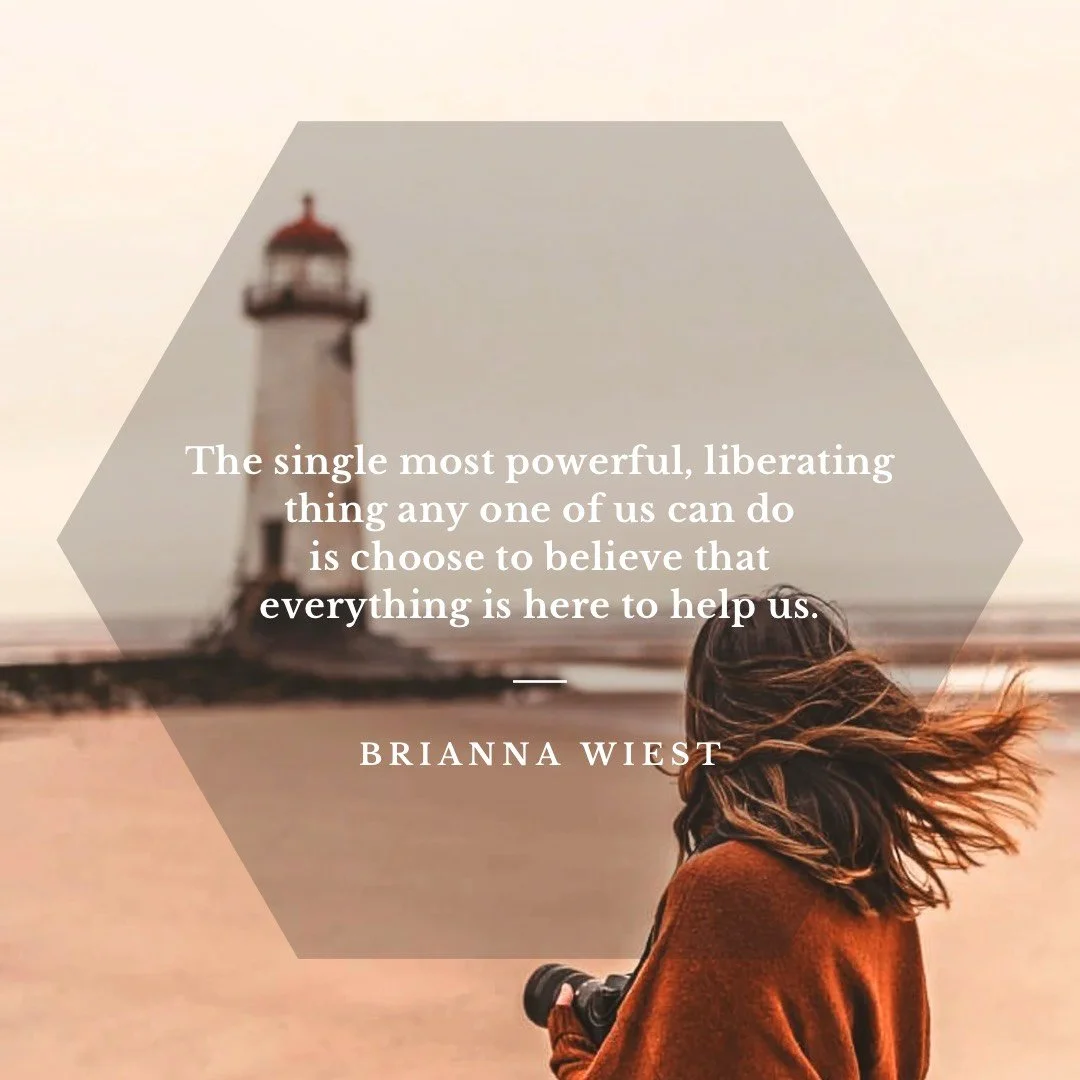Is Life a School?
My father, Mendek Rubin, saw life as a school. He believed that we all come to earth to grow in wisdom, love, and joy, and that suffering can serve a higher purpose because it motivates us to change. In his own life, my dad’s unrelenting fear and depression is what spurred him to embark on a healing journey that ultimately propelled him out of deep darkness into the light—a delightful state of overflowing love and spiritual connection he called “eternal sunshine.”
As my father’s healing journey progressed, he began to notice that while he didn’t always get what he would have chosen, he constantly received exactly what he needed for his personal evolution. Despite the loss, suffering and cruelty he endured throughout so much of his early life, this made my father start to perceive the universe as benevolent rather than antagonistic, which was a radical shift.
Myra’s father Mendek
Viewing life as a school as my father did has many pragmatic benefits. When I’m able to look at the challenges I encounter as valuable portals for increased self-awareness and growth, I feel more empowered and less victimized. Instead of exhausting myself by fighting against a reality that I wish was different, I work to expand my perspective and bring more curiosity and acceptance to the situation. This positive attitude enables me to learn my “lessons” more quickly and thoroughly; they don’t have to bash me over the head again and again until they finally get my attention.
I’m grateful to be writing about this topic right now, because it’s made me realize that I haven’t been bringing an empowering “life is a school” orientation to my biggest current challenge—coping with the long, heart-wrenching decline of my mother, Edith, who will turn 96 next week.
Since her bout with COVID two years ago, my mom hasn’t been able to walk. Now, her body is limp, like a marionette with loose strings. She can’t do anything for herself, and is continually confused and disoriented. These days, during many of my visits, she cries the entire time while trying unsuccessfully to access the words she needs to tell me something she’s desperate to convey.
Myra’s son Jeff with his grandma Edith, October 2023
My narrative about my mother’s sad situation has been largely negative and self-defeating, focused on how miserable it is and how brutally painful life can be. But now that I’m remembering to look more deeply, I can appreciate the many life lessons I’m being offered and embrace them more consciously.
Here are some of them:
I’m slowly getting better at staying calm when my mother is upset, versus frantically trying to fix the situation. Since I was very young, I’ve been afraid of my mother’s big moods, and always felt desperate to keep her calm and happy. Now it’s become clear that not only is it an impossible task, it’s also an incredibly draining and disheartening way to live. I’ve begun to allow myself to feel my own sadness during our difficult visits, and simply offer her love, compassion and gratitude.
Because witnessing my mother suffer is so hard on me, I’m learning to take better care of myself—to establish firmer emotional boundaries, not over-extend, and prioritize self-care practices that regenerate me. As I’m saying a slow, difficult goodbye to my mother, I’m getting better at mothering myself.
Since I can never accurately anticipate my mother’s state from one day to the next, I’m getting a prolonged course in letting go of expectations and becoming more comfortable with the unknown. While I am clearly not in charge of how things unfold, I do have the agency to foster calm and stability within myself, and not have my peace of mind be inextricably linked to circumstances outside of my control.
Both my parents were Holocaust survivors who experienced tremendous trauma in many arenas of their lives. Early in their marriage, they enthusiastically embarked on healing journeys as a team. But while my father grew happier and more peaceful over time, my mother didn’t fare as well. As the decades passed, new hardships overwhelmed her ability to cope, and her trauma patterns became increasingly entrenched. Growing old and losing her independence made her even more insecure and fearful.
Edith and Mendek, circa 1961
Although my visits with my mom are hard and sad, there is also tremendous tenderness and reverence. We can stare into each other’s eyes for a long time, communicating our mutual love through words, kisses and touch.
I’ve recently discovered how uplifting it is for both of us when I tell her how wonderful she is and express my gratitude over and over again, like a healing mantra: “Mommy, you are exceptionally loving, smart, beautiful, charismatic and funny. Thank you for birthing me, caring for me, and your incredible generosity. I will always be grateful. I will love you forever and ever.”
Edith in 1964 with her two daughters, Ruthie (left) and Myra
I cannot know if there are lessons my mother is meant to learn during this final, vulnerable stage of her life, but I’m grateful that I’m having the opportunity to see her with more clarity and compassion. When she’s no longer living in this realm, I believe it will be her soul’s pure essence and powerful mother’s love that I will feel most strongly. Focusing on those beautiful, timeless parts of her in this final stage of her life is healing for both of us.





